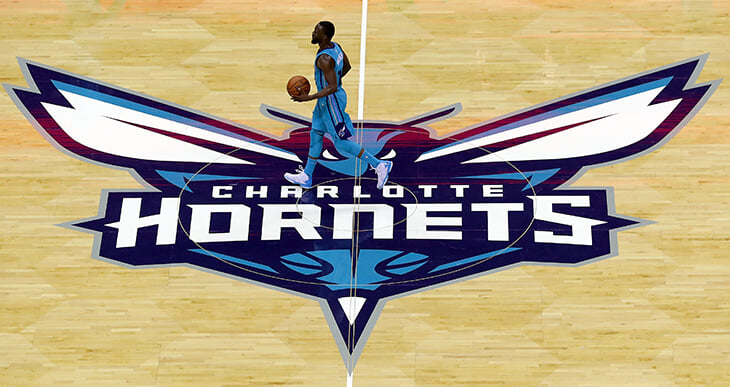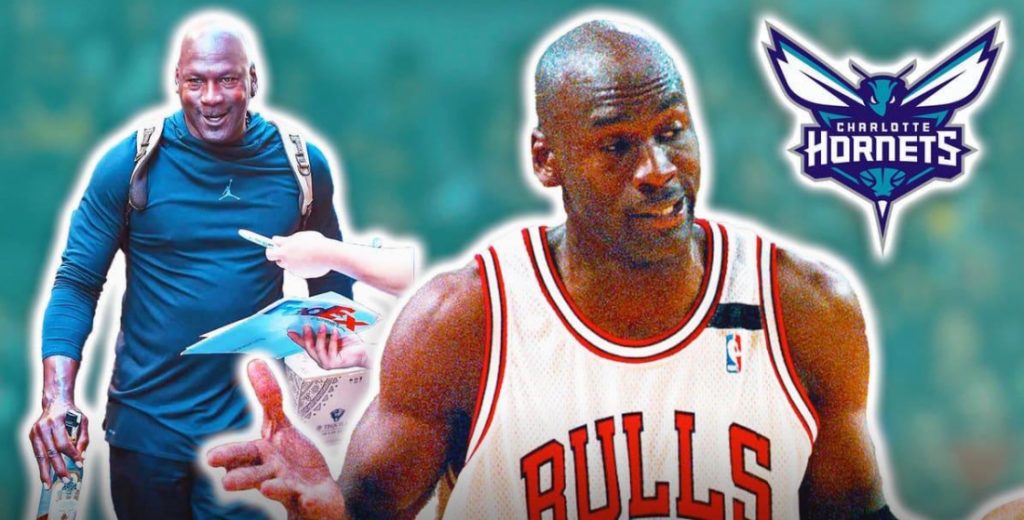
Managing the Charlotte Hornets: Michael Jordan’s Journey
Michael Jordan, widely regarded as one of the greatest basketball players of all time, has not only left a lasting impact on the court but also ventured into team ownership. This article delves into Jordan’s management of the Charlotte Hornets, exploring the story behind his acquisition of a minority stake in the team, his ownership experience, and the mistakes he made during his tenure.
Purchase of the Charlotte Hornets
In 2006, Michael Jordan acquired a minority stake in the Charlotte Hornets, a professional basketball team based in Charlotte, North Carolina. The move marked Jordan’s transition from being an iconic player to becoming a part-owner and eventual majority owner of an NBA franchise. His association with the Hornets initially began in 1988 when the team drafted him as the third overall pick in the NBA Draft.
Charlotte
Jordan’s ownership ambitions grew, and in 2010, he increased his ownership stake in the Hornets. Finally, in 2013, he became the majority owner and chairman of the franchise. With this new role, Jordan aimed to bring his winning mentality and basketball acumen to the front office, hoping to transform the Hornets into a successful team.
Challenges Faced by Michael Jordan as an Owner
While Jordan’s success as a player is unquestionable, his transition to team ownership presented him with several challenges. One of the key obstacles he faced was the lack of experience in managing a basketball franchise. Owning a team requires a different skill set than playing the game, and Jordan had to navigate the intricacies of running a successful organization.

Mistakes Made by Michael Jordan in Managing the Charlotte Hornets
Despite his legendary status in the basketball world, Jordan’s tenure as the owner of the Hornets was not without its flaws. One notable mistake was his questionable decision-making in the NBA Draft. Jordan’s penchant for selecting players based on their athleticism and potential rather than their fit within the team’s system led to some underwhelming draft picks. This approach often resulted in missed opportunities to acquire players who could make an immediate impact.
Another area where Jordan struggled was in creating a winning culture within the organization. While his competitive nature was undoubtedly a driving force, he sometimes allowed emotions to cloud his judgment. This resulted in instances where he clashed with players, coaches, and staff members, creating a less cohesive and harmonious environment.
Michael Jordan’s venture into team ownership with the Charlotte Hornets showcased the challenges that even a basketball legend can face in the front office. While his ownership journey had its fair share of mistakes, it is essential to recognize the immense impact he has had on the franchise. His dedication and passion for the game continue to shape the team’s identity, and his ownership experience serves as a valuable learning opportunity for future athletes-turned-owners.
As Jordan continues to navigate the complexities of team management, it remains to be seen how he will shape the future of the Charlotte Hornets. Nonetheless, his iconic legacy as a player and his determination to succeed provide a strong foundation for the team’s growth, both on and off the court.
